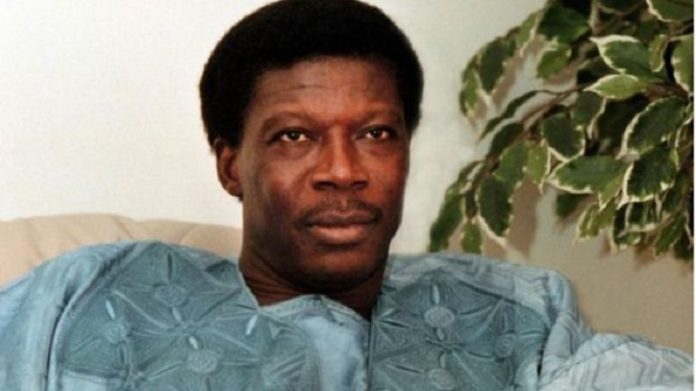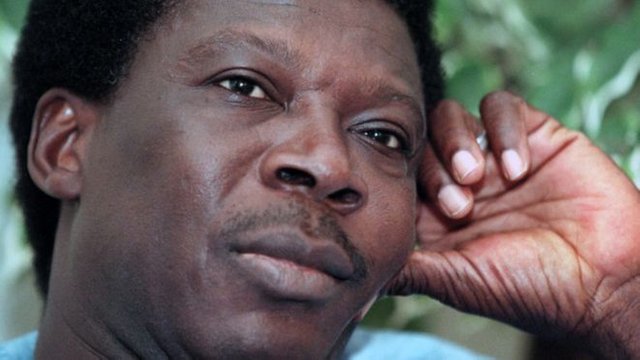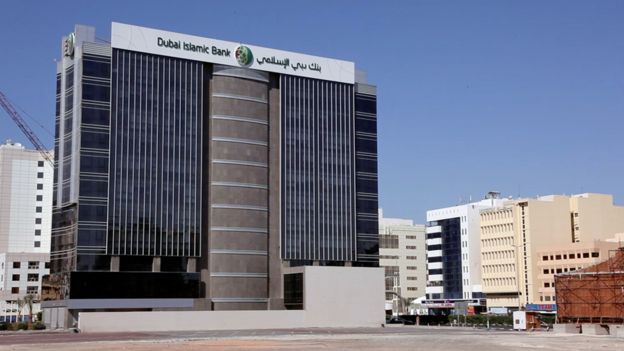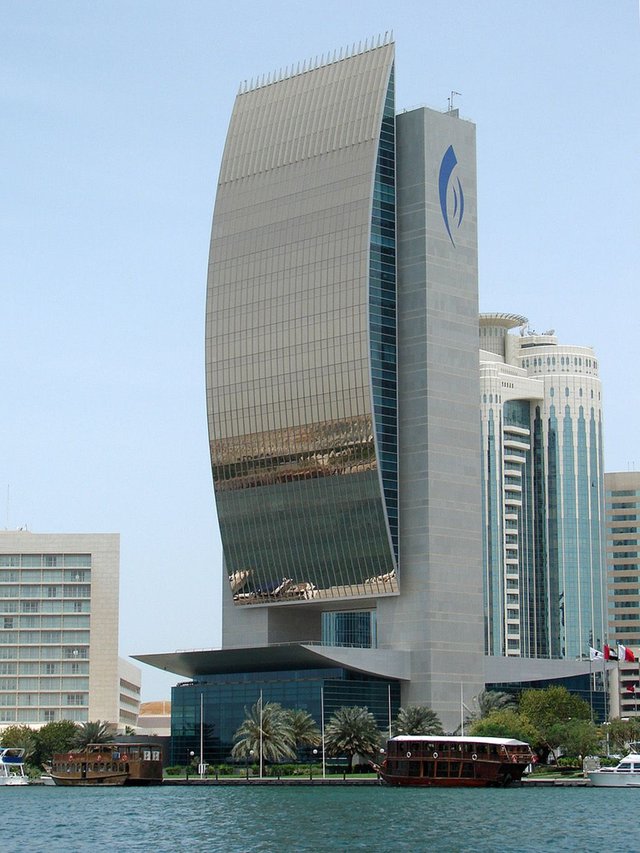The playboy who got away with $242m – using ‘black magic’

One day in August 1995 a man called Foutanga Babani Sissoko walked into the head office of the Dubai Islamic Bank and asked for a loan to buy a car. The manager agreed, and Sissoko invited him home for dinner. It was the prelude, writes the BBC's Brigitte Scheffer, to one of the most audacious confidence tricks of all time.
Over dinner, Sissoko made a startling claim. He told the bank manager, Mohammed Ayoub, that he had magic powers. With these powers, he could take a sum of money and double it. He invited his Emirati friend to come again, and to bring some cash.
Black magic is condemned by Islam as blasphemous. Even so, there's still a widespread belief in it, and Ayoub was taken in by the colourful and mysterious businessman from a remote village in Mali.
When he arrived at Sissoko's house the next time, carrying his money, a man burst out of a room saying a spirit - a djinn - had just attacked him. He warned Ayoub not to anger the djinn, for fear his money would not be doubled. So Ayoub left his cash in the magic room, and waited.
He said he saw lights and smoke. He heard the voices of spirits. Then there was silence.
The money had indeed doubled.
Ayoub was delighted - and the heist could begin.
"He believed it was Black Magic - that Mr Sissoko could double the money," says Alan Fine, a Miami attorney the bank later asked to investigate the crime.
"So he would send money to Mr Sissoko - the bank's money - and he expected it to come back in double the amount."
Between 1995 and 1998, Ayoub made 183 transfers into Sissoko's accounts around the world. Sissoko was also running up big credit card bills - in the millions according to Fine - which Ayoub would settle on his behalf.

In 1998 I was living in Dubai, and I heard rumours that the bank was in trouble. When a newspaper reported that the bank was having cashflow problems, crowds of people gathered outside, waiting to withdraw their money.
The Dubai authorities downplayed the crisis. They called it "a little difficulty that did not lead to any financial losses either in the bank's investments or depositors' accounts".
But this wasn't true.
"The people who owned the bank took a huge, huge hit. It was not covered by insurance," says Fine. "The bank was saved because the government stepped in to help. But they gave up a lot of their equity in the bank for that to happen."
And where was Foutanga Babani Sissoko? By this time, he was far away.
One of the beauties of his scheme was that he did not need to be in Dubai to keep receiving the money.

In November 1995, only weeks after putting on the magic display for Mohammed Ayoub, Sissoko visited another bank in New York, and did much more than open an account.
"He walked into Citibank one day, no appointment, met a teller and he ended up marrying her," says Alan Fine. "And there's reason to believe she made his relationship with Citibank more comfortable, and he ended up opening an account there through which, from memory, I'm just going to say more than $100m was wire transferred into the United States."
In fact, according to a case brought by the Dubai Islamic Bank against Citibank, more than $151m "was debited by Citibank from DIB's correspondent account without proper authorisation". The case was later dropped.
